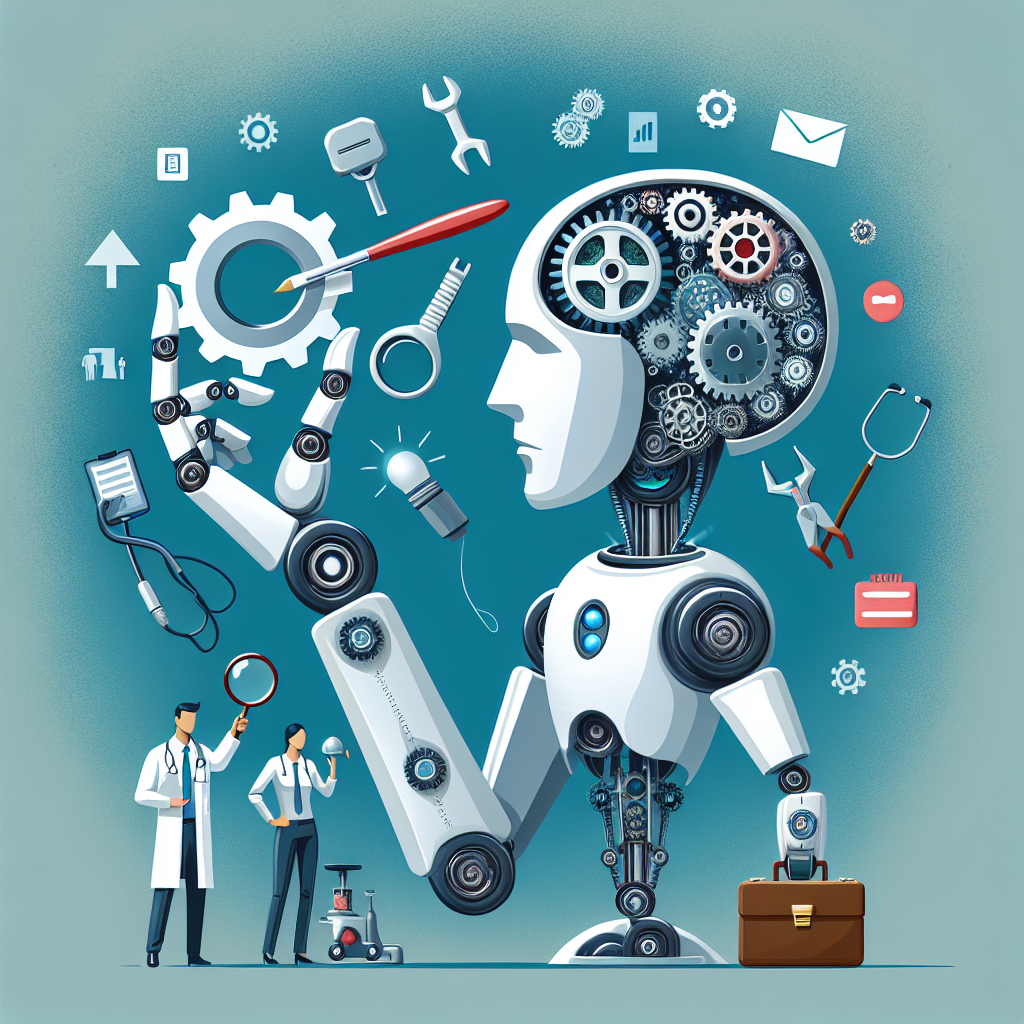The Impact of AGI on Jobs and the Workforce
Artificial General Intelligence (AGI) is a term that refers to the hypothetical ability of a machine to perform any intellectual task that a human can do. While AGI is still largely a concept in the realm of science fiction, rapid advancements in artificial intelligence (AI) have led to concerns about its potential impact on jobs and the workforce.
As AI technology continues to evolve, there is growing speculation about the extent to which AGI could automate tasks currently performed by humans. While automation has already had a significant impact on certain industries, AGI has the potential to revolutionize the entire economy by performing a wide range of tasks more efficiently and accurately than humans.
The impact of AGI on jobs and the workforce is a topic of great debate among experts in the field. Some believe that AGI will create new job opportunities and increase productivity, while others fear that it will lead to widespread job displacement and economic upheaval. In this article, we will explore the potential impact of AGI on jobs and the workforce, as well as some of the key questions and concerns surrounding this emerging technology.
The Potential Impact of AGI on Jobs
One of the main concerns surrounding AGI is its potential to automate a wide range of tasks currently performed by humans. While automation has already had a significant impact on industries such as manufacturing and transportation, AGI has the potential to automate tasks that require higher levels of cognitive ability, such as decision-making and problem-solving.
Some experts believe that AGI will create new job opportunities by freeing up humans to focus on more creative and strategic tasks. For example, AGI could automate routine tasks in fields such as healthcare, finance, and law, allowing professionals in these industries to spend more time on tasks that require human judgment and empathy.
On the other hand, there are concerns that AGI could lead to widespread job displacement, particularly in industries that rely heavily on routine tasks. For example, AGI could automate tasks such as data entry, customer service, and administrative work, leading to job losses for millions of workers.
The Potential Impact of AGI on the Workforce
The potential impact of AGI on the workforce is also a topic of great debate. While some experts believe that AGI will lead to increased productivity and economic growth, others fear that it will exacerbate income inequality and create a two-tiered workforce of highly skilled workers and low-skilled workers.
One potential impact of AGI on the workforce is the creation of new job opportunities in industries that require advanced technical skills. For example, AGI could create new job opportunities in fields such as data science, machine learning, and robotics, as companies seek to harness the power of AGI to drive innovation and growth.
However, there are concerns that AGI could lead to job displacement in industries that rely heavily on routine tasks. For example, AGI could automate tasks such as truck driving, retail sales, and food service, leading to job losses for millions of workers who lack the skills necessary to transition to new roles.
FAQs
Q: Will AGI lead to widespread job displacement?
A: While some experts believe that AGI will create new job opportunities, others fear that it will lead to job displacement in industries that rely heavily on routine tasks. The extent to which AGI will lead to job displacement will depend on a variety of factors, including the pace of technological advancement and the ability of workers to adapt to new roles.
Q: Will AGI create new job opportunities?
A: AGI has the potential to create new job opportunities in industries that require advanced technical skills. For example, AGI could create new job opportunities in fields such as data science, machine learning, and robotics, as companies seek to harness the power of AGI to drive innovation and growth.
Q: What can workers do to prepare for the impact of AGI on jobs and the workforce?
A: Workers can prepare for the impact of AGI by acquiring new skills and staying abreast of technological advancements in their industry. By investing in lifelong learning and adapting to new technologies, workers can position themselves to thrive in a rapidly changing economy.
In conclusion, the impact of AGI on jobs and the workforce is a complex and multifaceted issue. While AGI has the potential to create new job opportunities and increase productivity, there are concerns that it could lead to widespread job displacement and economic upheaval. As AI technology continues to evolve, it is important for policymakers, businesses, and workers to consider the potential impact of AGI on the workforce and take proactive steps to mitigate any negative consequences.

